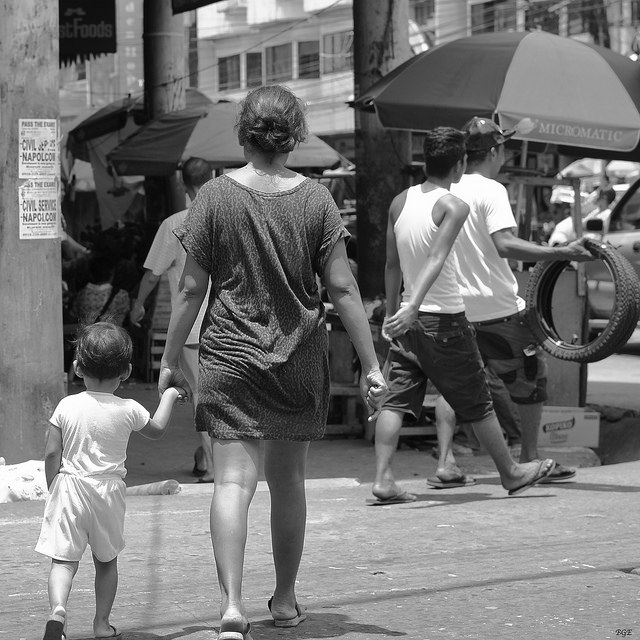I’m 14 years old. Today was horrible! I’d just finished shopping and I was walking past a cafe when I noticed a guy was staring at me.
He noticed that I was looking at him and winked. I was disgusted and you could tell, he carried on winking.
I felt like I couldn’t say anything as I was with my family.
The thing is winking may not seem like a big deal but it happens so much to me and in that moment I felt so helpless and ashamed!
I’ve seen it online but it’s an app that connects to the shop or restaurant or whatever. You can then say who you are and why you are feeling uncomfortable. A member of staff will approach you to ask who is harassing you. The person is then kicked out.
Also, we need more education in schools about addressing street harassment.
— S.C.
Location:
London: Westfield
Need support? Call the toll-free National Street Harassment hotline: 855-897-5910
Share your street harassment story for the blog.
See the book 50 Stories about Stopping Street Harassers for ideas.

